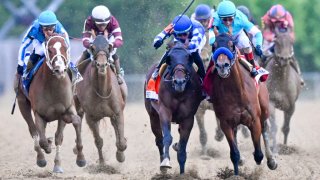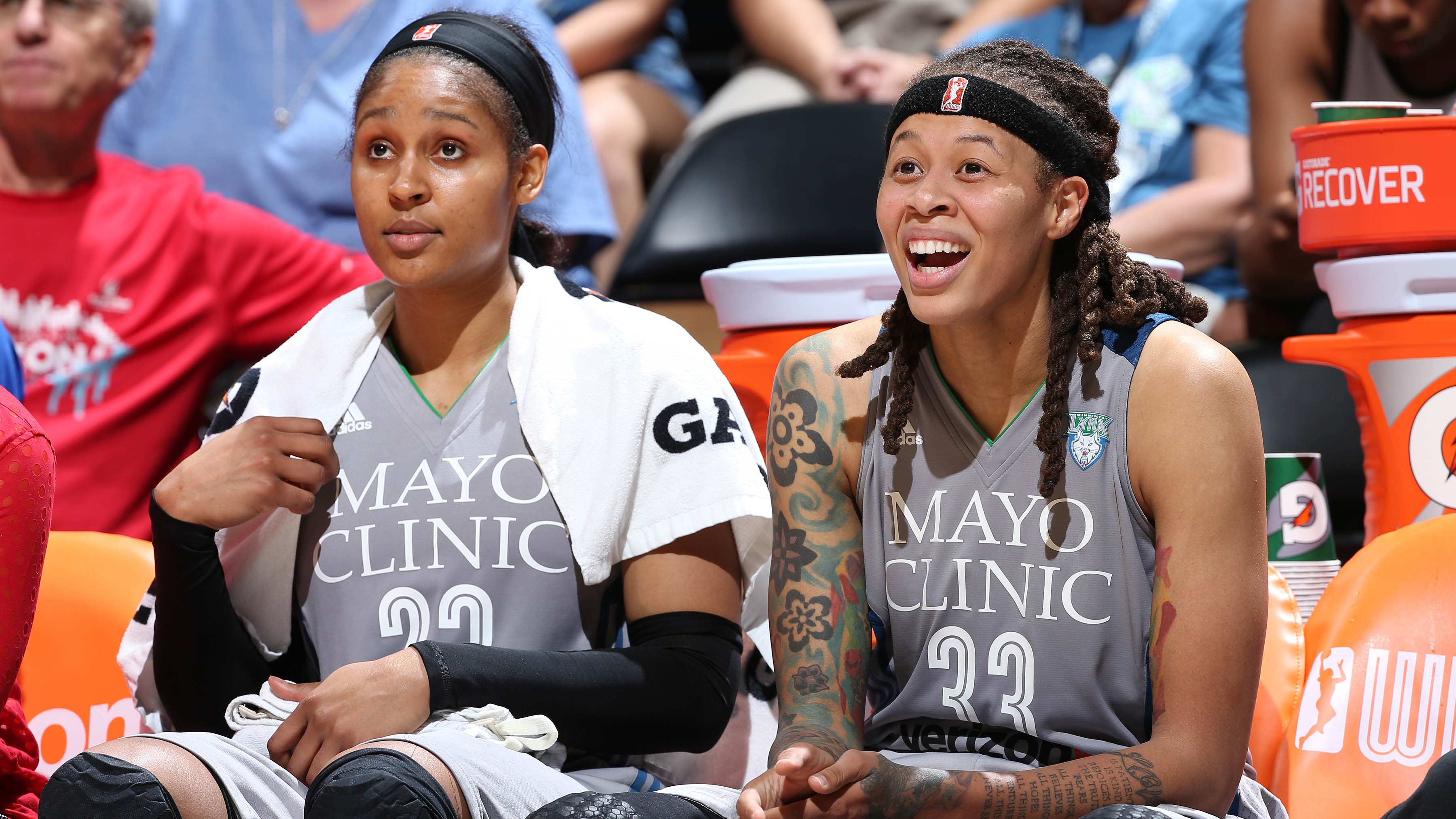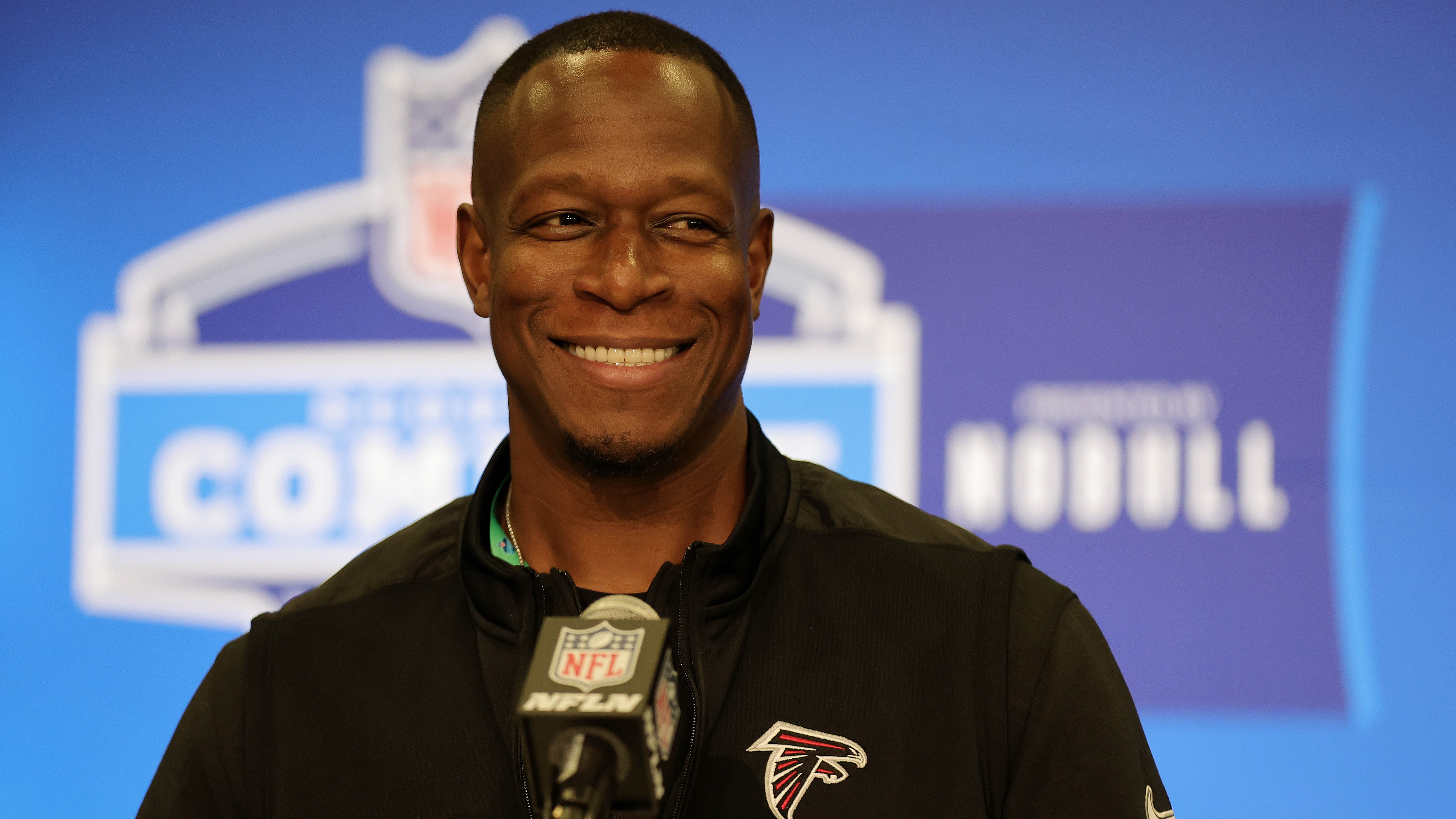
Preakness officials say they are considering moving the second Triple Crown race back to four weeks after the Kentucky Derby instead of two weeks later, which would change the timing that has been in place for decades.
Aidan Butler, CEO of 1/ST Racing, which owns and runs Pimlico Race Course in Baltimore, where the Preakness takes place, said it's necessary to take a close look at making changes.
“Discussion around spacing out the schedule of the Triple Crown is nothing new, and we believe the time has come to advance those discussions to the next step," Butler said in a statement sent to The Associated Press on Friday. “Allowing additional time between the Kentucky Derby and Preakness Stakes would give horses a greater opportunity to prepare and be ready between the Derby and the second leg of the Triple Crown.”
Butler, who floated the possibility most recently this week in a statement given to Thoroughbred Daily News, citing horse safety among other reasons, acknowledged moving the Preakness would have implications around the industry.
We're making it easier for you to find stories that matter with our new newsletter — The 4Front. Sign up here and get news that is important for you to your inbox.
“We look forward to engaging with all stakeholders to work through questions and concerns,” Butler said. "The future of the Triple Crown is best decided collectively, but we are committed to seeing this conversation through to a positive result.”
Other stakeholders are not willing to make this drastic of a change.
The Kentucky Derby, Preakness and Belmont Stakes have been run over a span of five weeks beginning with the first Saturday in May since 1969, with the exception of 2020, when the races happened out of order because of the pandemic.
Sports
A spokesman for Churchill Downs in Louisville, Kentucky, home of the Derby, said the track had no comment. Any changes to the Preakness likely would not affect the Derby leading off the Triple Crown.
Moving the Preakness from the third Saturday in May to early June would have major implications on the Belmont Stakes, the 1 1/2-mile third leg of the Triple Crown at Belmont Park in New York.
New York Racing Association vice president of communications Pat McKenna said the organization, which runs the Belmont “has concerns about fundamental changes to the structure of the Triple Crown.”
“We have no plans to move the date of the Belmont Stakes,” McKenna said in an email to the AP.
Unrelated to the Preakness, the Belmont could be run at historic Saratoga Race Course in upstate New York in 2025, and perhaps even next year, because of a major renovation at Belmont Park.
Changing the timing of the races also was debated years ago during a lengthy drought without a Triple Crown champion. American Pharoah winning all three races in 2015 and then Justify accomplishing the feat in 2018 quieted the conversation until recently.
Horse deaths this spring at Churchill Downs, which caused the track to suspend operations to investigate possible causes, have led to larger conversations around the sport. The federally mandated Horseracing Integrity and Safety Authority recently went into place to oversee track safety, medication and doping and standardize the industry around the U.S.
National Thoroughbred Racing Association President and CEO Tom Rooney supports a change to what he calls a more “pragmatic” Triple Crown schedule of running each of the Derby, Preakness and Belmont four weeks apart.
“As the industry continues to focus on improving safety and welfare standards for the horses and jockeys, you would be hard-pressed to find a trainer or owner who would choose to race at any level after two weeks, so why take that risk on the biggest stage? Tradition?” Rooney wrote in a recent op-ed for Thoroughbred Daily News. “Other sports have evolved and adapted to the times. The tradition argument presumes all tradition is good, which is not necessarily true.”



